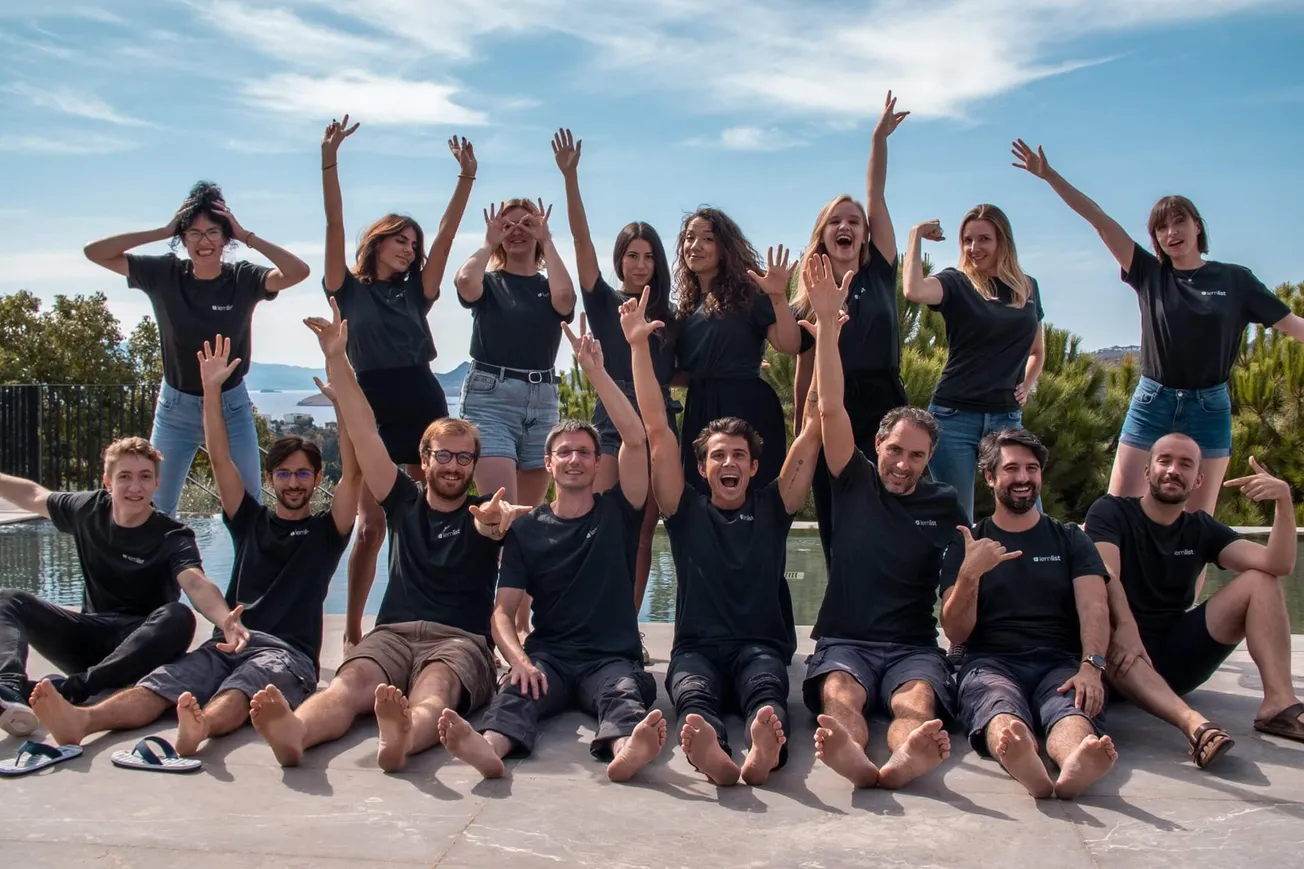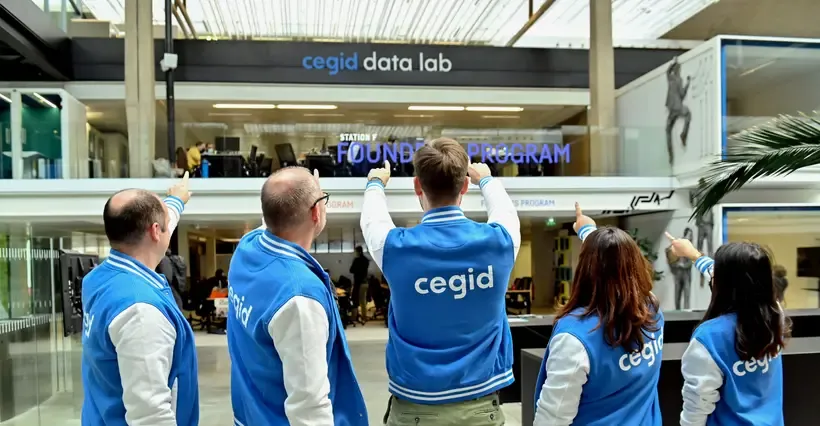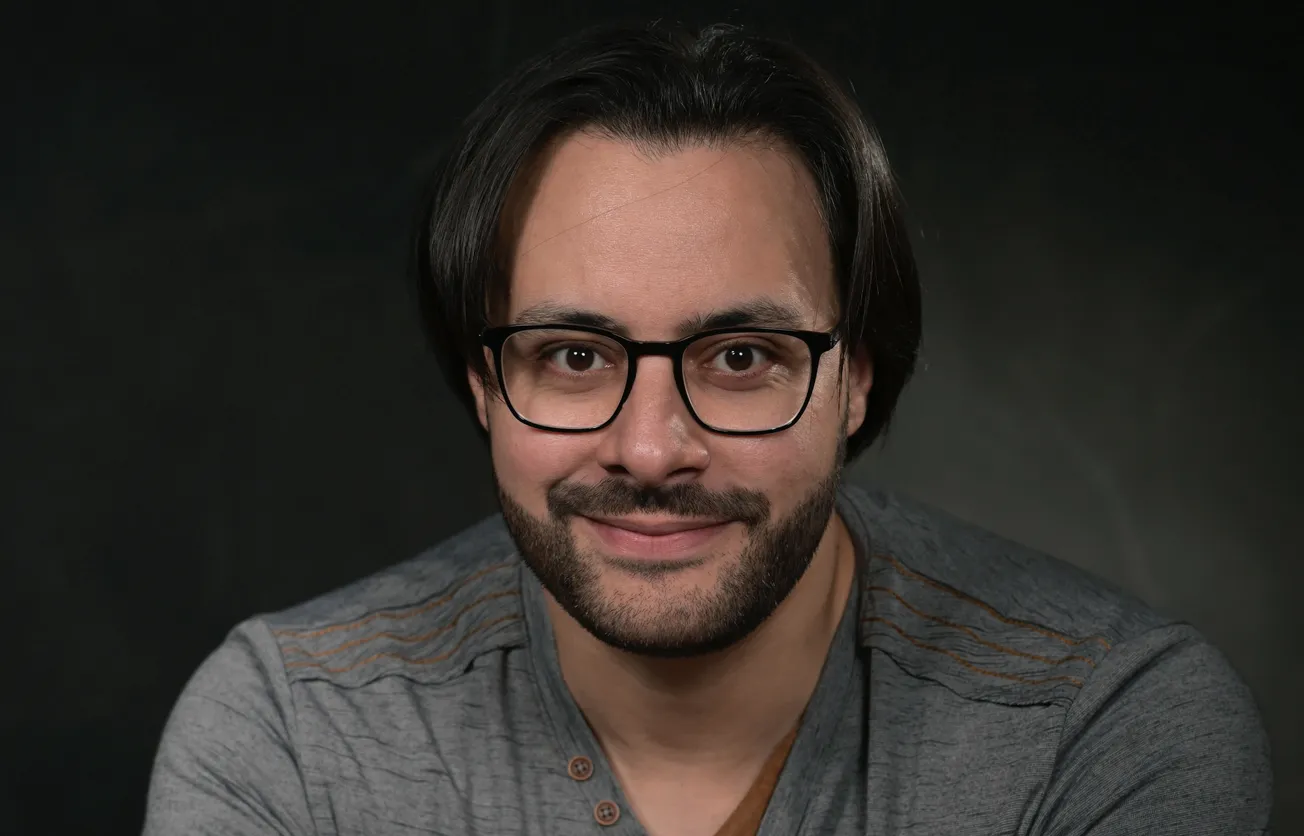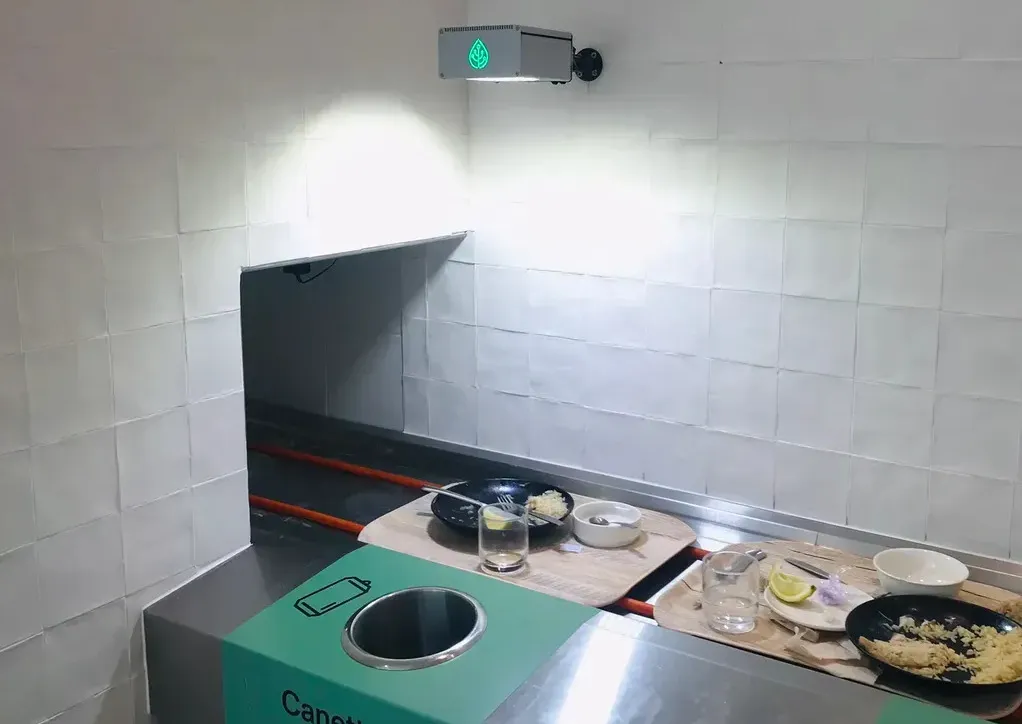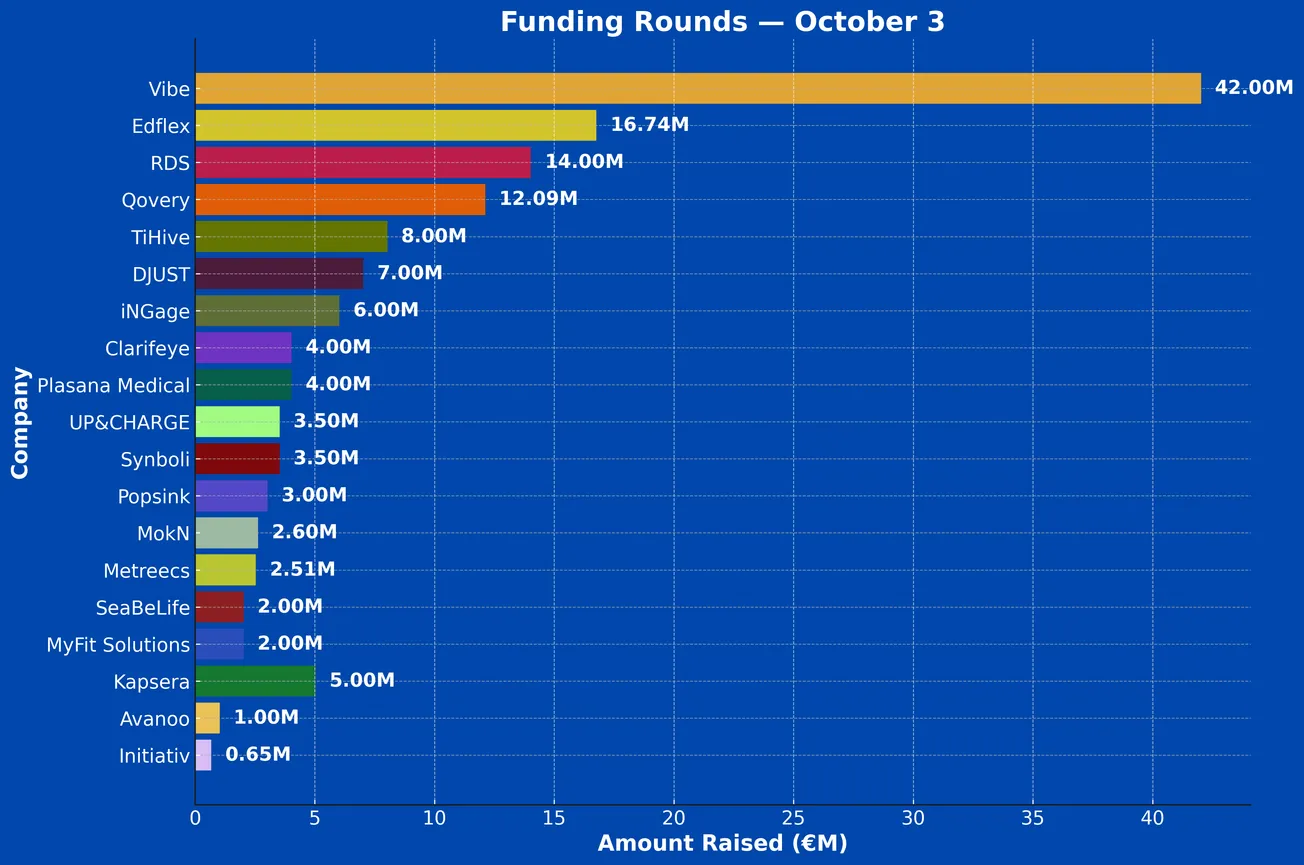The French Tech Journal provides analysis of France’s digital ecosystem as well as in-depth interviews with French entrepreneurs and VCs. If you like what you read, please forward the newsletter to friends or share it with your social networks.
If you’d like to support independent and original reporting on the French Tech ecosystem, please consider a paid subscription. Send tips, comments, questions, and your ideas to our global headquarters: chris@frenchtechjournal.com.
No matter what the pundits dispensing entrepreneurial wisdom might tell you, there is no one right way to build a startup. To illustrate this point, consider Sendinblue and Lemlist, two French SaaS companies in the marketing space that are taking very different routes to going international.
On the surface, there seem to be some similarities. Sendinblue, founded in 2013, has developed a cloud-based digital marketing platform that helps its customers manage and expand their customer relationships. Lemlist, founded in 2017, enables personalized emails and messaging to improve sales.
But from there, their journeys diverge.
Sendinblue CEO Armand Thiberge and Lemlist CEO Guillaume Moubeche recently spoke about SaaS businesses and scaling at the French Tech edition of Sesamers On Tour. Their stories highlighted the diversity of entrepreneurial thinking in the French Tech ecosystem.
Sendinblue
Sendinblue is a sales and marketing platform for small and medium businesses. It provides tools to help companies interact with clients via email, SMS, Twitter, Facebook, and chat systems.
The company now has 180,000 clients and 400 employees. That includes an office in France with 150 employees and an office in India with a similar number. That strong presence in India is a direct result of Sendinblue co-founder Kapil Sharma.
The company has been on a hot streak over the past year as the pandemic accelerated the need for companies to lean more on digital marketing to reach customers. Sendinblue has raised a total of $197 million in venture capital, including a $160 million round last September.
Thiberge said having co-founders of different nationalities inspired the company to adopt an international outlook and culture from the start. That has helped it recruit talent. It has employees who come from 50 different countries.
"Talent is probably the most important thing when you start a business like ours," Thiberge said. "We are competing with so many different players. So you need the best talent and a team that is looking at your long-term view."
Over the years, Sendinblue has expanded from just a couple of products to becoming a 360-degree marketing platform. It's now available in 6 languages. Thiberge said 70% of the company's revenue comes from Europe, but its single largest country by revenue is the U.S.
While the company has a large sales team, its marketing happens by word of mouth. That means Sendinblue doesn't need a sales team in every country but it still has achieved a global reach.
"It's very, very exciting to play a game on a worldwide scale from day one," Thiberge said.
Lemlist
Lemlist's mission is to help 1 million entrepreneurs launch a profitable business in the next 4 years. It's doing that with tools that help sales teams get more meetings with their potential customers by making communications more engaging.
Since launching 3 years ago, they have attracted 10,000 customers across 85 countries. Moubeche said Lemlist is growing by double digits month over month.
The vast majority of Lemlist's customers are based in the U.S. Moubeche said the company has done that without opening a U.S. office.
"A lot of entrepreneurs think that they need offices in the U.S. so they can succeed there," Moubeche said. "I think it's not true. In the early days of Lemlist, I was doing calls in the U.S. from 4 pm in Paris to 10 pm. But I was closing deals. And I think during COVID, we all learned that it's possible to just be pretty much anywhere in the world and have this type of conversation.
But here's the real kicker about Lemlist's success: So far the company has taken no external funding.
"I think we all receive tons of advice when you're growing from mentors or people you meet," Moubeche said. "There were several things we did differently. First of all, we said no to €30 million. We received an offer a couple of months ago and we said no to show that we can actually grow a company by being bootstrapped."
He added: "I'm not against fundraising...In our case, we're already in a very competitive market and I believe that having less funding than others and being a bit the underdog is actually our strength."
That is part of a defiant attitude born of a lot of negative initial feedback when they started the company. People kept telling him the space was too crowded it would take five years to make its first €1 million in annual revenue. But the company achieved that in 2 years.
Then people told him he'd need to hire experienced SaaS talent to keep the company growing. Instead, he hired people with no SaaS experience and trained them all.
"I believe you can really learn a lot of things," Moubeche said. "And yeah, that's kind of how it went. I have a long list of advice that I didn't follow."
At the moment, Lemlist has 35 employees. The company manages its cash conservatively. At the end of each year, employees get a percentage of overall revenue as a bonus.
"That way we can really share all the earnings we have," he said. "So it's not a very VC-compatible model. But employees are happy and I think it's great. Because I always think that whenever you are under constraints, especially financial constraints, you're making bolder decisions, and sometimes you're becoming more creative. More money for me equals more problems."
This article is part of a series produced in partnership with La French Tech & the French Tech Journal.
Audio Goodness!

Join me and co-host Ethan Pierse each Monday and Thursday night at 7 p.m. CET for our French Tech News Clubhouse session.
🎙️ Also: Please subscribe to the French Tech News podcast, a weekly discussion with France's entrepreneurs, innovators, and venture capitalists.
👋🏻 If you’re enjoying The French Tech Journal, support the project by forwarding it to friends and sharing it on your social networks. You can also comment on this post. And if you have ideas for stories, tips, or just want to harass me, send me an email: chris@frenchtechjournal.com. 👋🏻

